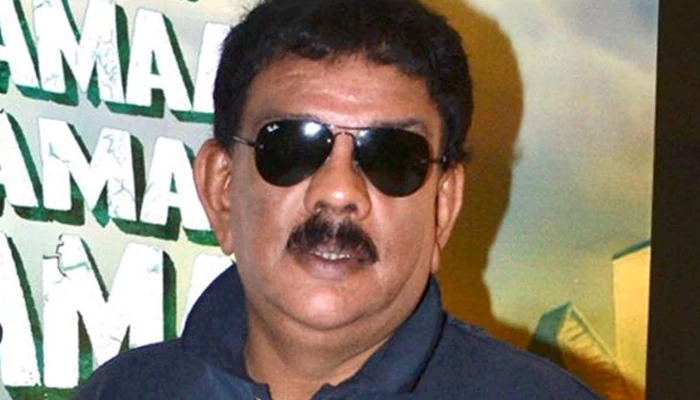Indian States in the Grip of Chandipura Virus and Dengue: Symptoms, Spread, and How to Stay Safe
- Admin
- 1 year ago
- 3 minutes read

The Chandipura virus is a member of the Vesiculovirus genus of the Rhabdoviridae family
Gujarat Health Minister Rushikesh Patel issued an advisory amid rising concerns about health after reports of six suspected child deaths due to Chandipura viral encephalitis. While warning the public against this, he said there was no need to panic.
The state has reported a total of twelve suspected cases to date, of which six children are being treated. Four were from Sabarkantha district, three from the Aravalli district part, and one each from the districts Mahisagar and Kheda. Two patients, one from Rajasthan and one from Madhya Pradesh, were also treated in Gujarat.
Investigations and health measures
The minister said the government is awaiting test results to confirm whether the Chandipura virus caused the deaths. All samples from suspected cases have been sent to a Pune laboratory, and we anticipate receiving the results within 12 to 15 days. The initial cases were detected by paediatricians at the civil hospital in Himatnagar, Sabarkantha, following the deaths of four children on July 10.
Understanding the Chandipura virus
The Chandipura virus is a member of the Vesiculovirus genus of the Rhabdoviridae family. It is responsible for flu-like symptoms and acute encephalitis, characterised by high-grade fever, frequent vomiting, diarrhoea, headaches, and convulsions. Children between the ages of nine months and fourteen are the principal victims of transmission, which occurs predominantly through the bite of infected sandflies.
Minister Patel has advised parents to seek immediate medical advice upon noticing such symptoms in their children. While the disease is more prevalent during rainy seasons in rural areas, it is not contagious. The state of Gujarat witnesses cases of the disease annually, especially in north-central districts.
Government response and preventive measures
The Gujarat government issued an intensive surveillance notification in the affected areas in response to this development. Health officials have screened 18,646 inhabitants in 4,487 houses and carried out 2,093 insecticide sprays to control the breeding of sandflies. Special medical teams have been dispatched to the affected area, and emergency hospital services have been placed on high alert with additional resources to handle emergencies.
Public health education will form an integral part of such a response. The officials are thus advising on using insecticides, maintaining cleanliness, and avoiding mosquito bites and sandfly bites by ensuring that mosquito nets are around beds.
Dengue surges in India
Besides the Chandipura virus, dengue cases are on a sharp rise nationwide. Dengue cases are rising fast in Karnataka, Kerala, and Tamil Nadu. According to data from the National Centre for Vector Borne Diseases Control, India recorded 19,447 dengue cases with 16 deaths until April 30, 2024. At 4,412 cases and 14 deaths, Kerala accounted for the maximum number of cases and deaths, followed by Tamil Nadu with 4,204 cases and two deaths. Karnataka reported 2,503 cases with no deaths, while Maharashtra and Andhra Pradesh each reported over 1,000 cases.
Staying safe: public health recommendations
In a bid to fight vector-borne diseases, health experts call for several preventive measures:
Use insect repellents: Apply insect repellents to exposed skin and clothing.
Clothing: Be sure to wear protective clothing, like long-sleeved shirts and long pants, particularly in regions where vector-borne diseases are widespread.
Cleanliness: Maintain cleanliness to avoid breeding mosquitoes. Destroy still water in containers, as mosquitoes only breed in standing water.
Use mosquito nets: sleeping under mosquito nets should be practiced, particularly in areas with a high incidence of vector-borne diseases.
Please seek immediate medical attention if you experience a high fever along with vomiting, diarrhoea, headaches, or convulsions.












